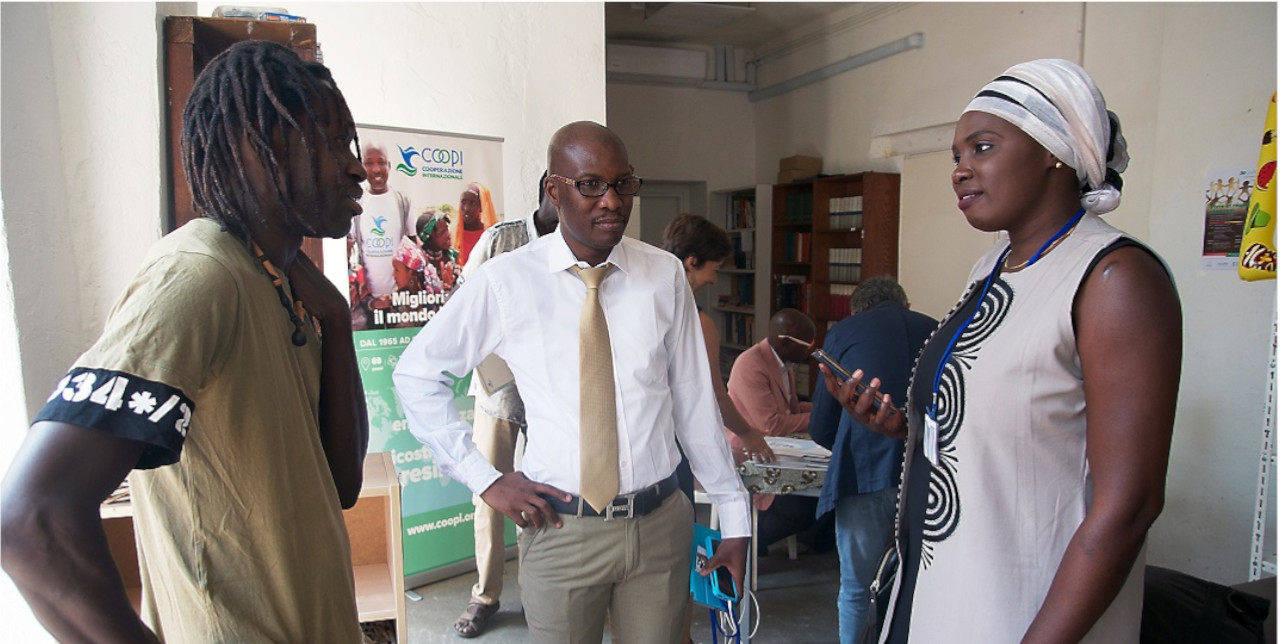06-03-2020 | di COOPI
Senegal. Migration as a socio-economic development factor in the country of origin.
The second phase of the project ‘Vivre et réussir chez moi - Local development and territorialisation of migration policies in Senegal’ started in January 2020, thanks to the Italian Agency for Development Cooperation (AICS) and the Intesa Bank fund. The aim is to support economic initiatives of the Senegalese diaspora, to have an impact on the economic and social development of the country of origin.
The project, realised in collaboration with other NGO and institutions ( Ngo VIS, Centre of Initiatives and Research on Migration of the Catholic University, Don Bosco Association, Institut Polytechnique Panafricain of Dakar, Museke Onlus Foundation and Mediterranean University of Reggio Calabria) started in 2018 and it has a wide influence on Senegalese institutions. 18 months after the beginning, COOPI was able to address 1,600 people with awareness and mobilisation sessions on a social level on issues such as irregular migration’s risks and on the opportunities available in the areas of intervention.
Thanks to the collaboration with the Ministry of Health and of the Social Action, COOPI developed a participative approach with the population in the psycho-social assistance framework, providing training sessions to 94 communities to reach more than 7 villages in the departments of Goudiry, Koumpentoum, Tambacounda e Bakel.
33 people, representatives of the Department of social action and communitarian development (BAOS) together with 4 departments of Tamba and Kaolack health care areas, are the beneficiaries of a specific training session on mental health management and the psychosocial well-being of the person.
COOPI, taking into consideration the fact that the economic aspect of migration represents a non-negotiable factor in the country of origin’s development, acted supporting migrant’s investments.
A grant of 23 656 100 F CFA was assigned to three entrepreneurs, victims of the diaspora, who acts in the poultry and grain processing sector in the Kaolack region.
COOPI, present in Senegal since 2004, is aware of the challenge that migration represents in the economic and social framework for hosting and origin countries. Thus, it acts aiming to reinforce migrant’s socio-economic capital, whether they are victims of the diaspora, returned migrants or potential migrants.
Thanks to Amie Mar




 Senegal
Senegal